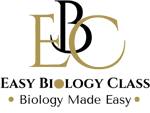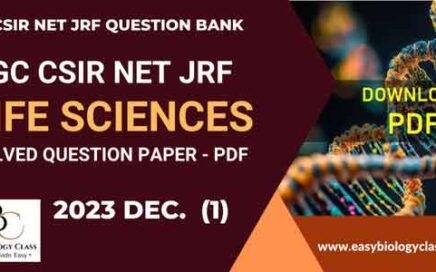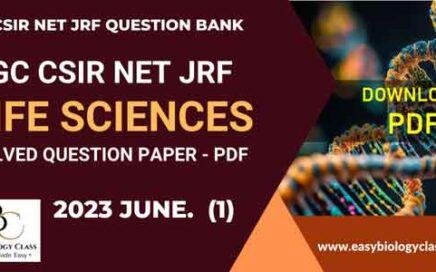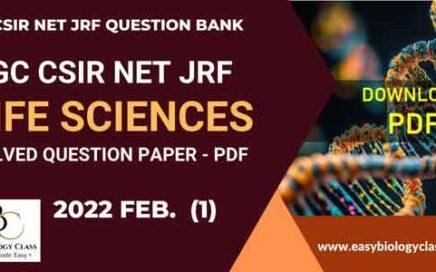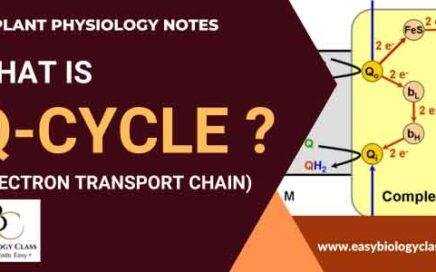
What is Q Cycle in the Electron Transport Chain?
What is Q Cycle?: The Q cycle (short for quinol cycle) is a series of reactions in which the lipophilic electron carrier Coenzyme Q (CoQ) undergoes sequential oxidation and reduction between its ubiquinol and ubiquinone forms, leading to the net movement of protons across a lipid bilayer in the inner […]
